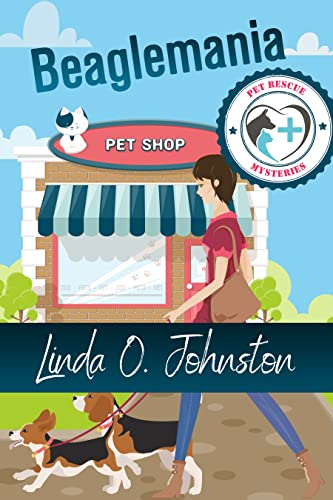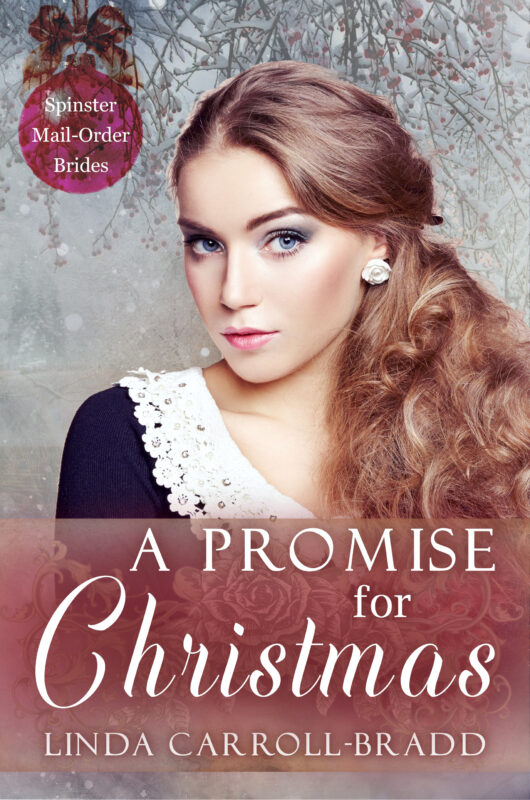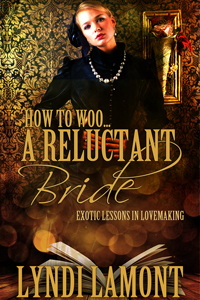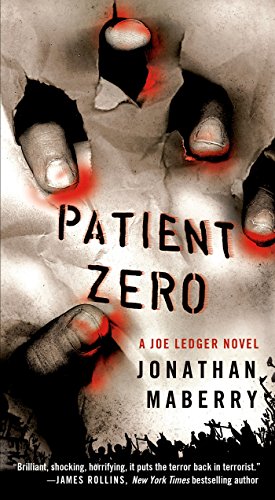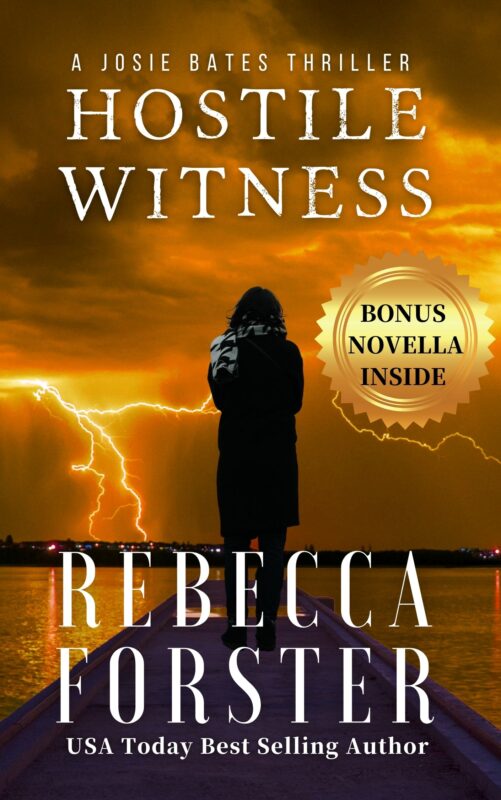The Gifts by Kidd Wadsworth
February 27, 2023 by Kidd Wadsworth in category Infused with Meaning by Kidd Wadsworth tagged as fiction, kidd wadsworth, Seasons Readings, short story, Short Story Award, short story contest
She placed the three gifts on the mantle, each beautifully wrapped: one in gold foil paper with a white ribbon it’s bow a dove, the second in green and white striped paper like a mint candy cane was topped with a green paper pine tree, the third in classic red and white Merry Christmas paper was adorned with three large red bows. Otherwise, the room and house were undecorated. She couldn’t bring herself to carry all the boxes of ornaments and lights down from the attic. Mike used to that. He would shout, “Ho, ho, ho and where’s my hot toddy!” Christmas decorating had always begun the same way with Mike carrying box after box down the stairs and her in the kitchen juicing lemons and then screaming, “I forgot to buy bourbon!”
By the time she returned from the store, he’d have the tree up, Christmas music playing, and strings of lights spread out on the floor. “Did you buy replacement bulbs?”
She turned on the gas fireplace. It was cozy room—a lonely room. She pushed down the yearning inside of her soul. “Don’t go there,” she whispered.
She bulwarked heart with memories of other Christmases. Presents and more presents, how rich her parents had been. And each Christmas morning ended the same way, with wrapping paper strown about and delicious smells of ham wafting from the kitchen, and presents, so many presents and not a single gift she liked: clothes, all in shades of navy and mauve, clothes she would never wear, high-heeled shoes that hurt her feet, make-up—didn’t her mother ever look at her face? She didn’t use makeup. At her church they had a Christmas tree with tags on it: stuffed animal, girl’s coat size 8, mittens, boy’s backpack, etc. Surely her Christmases were like the Christmases of those children. All the gifts bought by people who didn’t know them, who didn’t really understand them. Year after year, she slowly learned. Don’t get your hopes up. No one knows you. You are their daughter, but they don’t see you.
Now twenty-eight years old she understood. She had reconciled her expectations to the reality of the world. It was impossible to really know another human being. So, every Christmas she bought herself presents. All sorts of wonderful things like copper cookie cutters and an antique bookshelf. She cooked what she loved including pumpkin pie with extra cloves. She never offered anyone a slice of her pumpkin pie. That would have been cruel—too, too cruel.
And every Christmas she put Mike’s gifts back up on the mantle and dreamed of what could be inside. Their first Christmas together he had stormed out when she refused to open his present. “Please understand, I just can’t be disappointed anymore. What we have is so special, I don’t want to damage it. I can’t bear knowing that you’re the same as my parents. That you don’t really get me.”
He had come back, of course he’d come back. He’d held her.
The next Christmas she’d put the green and white striped present on the mantle, and their third Christmas the present with the red and white Merry Christmas paper. By then Mike had adapted. He brought home hundreds of small things for her. A new mixer, he’d gotten her the red one to match the paint she’d picked out for the kitchen walls. A cup holder for her car that expanded to hold her giant coffee mug. Caffeine and cloves, yup! He was Santa all year long.
“Someday you’ll trust me,” he’d said. “Someday, you’ll open the gifts.”
But that someday didn’t come—no one is supposed to die at twenty-six. She looked up at the gifts on the mantle. “The last two probably just have rocks in them to make them rattle. I mean he wouldn’t keep wrapping up stuff knowing I wasn’t going to open the presents.”
She turned away and turned back again.
“My memories are all I have, Mike. I don’t want to find out that it wasn’t really as good as I thought it was. I don’t want to know that you were only human. You tried hard. I know you did. And this way, I can keep on pretending that you loved me, that you really understood.”
She sipped her hot toddy.
This is the beginning of a story I’m considering for the Bethlehem Writer’s Group new anthology. By the way, did I mention the Bethlehem Writer’s Group’s short story contest is now open for submissions? Click here for details: https://bwgwritersroundtable.com/
Kidd Wadsworths Stories
In the Judgment Seat
May 13, 2020 by Bethlehem Writers Group in category From a Cabin in the Woods by Members of Bethlehem Writers Group tagged as constructive criticism, critiques, short story contest

From a Cabin in the Wood’s is a column featuring authors from the Bethlehem Writers Group. Writing for us this month is Dianna Sinovic.
Born and raised in the Midwest, Dianna Sinovic has also lived in three other quadrants of the U.S. She writes short stories and poetry, and is working on a full-length novel about a young woman in search of her long-lost brother.
In the Judgment Seat
The Bethlehem Writers Group, one of the writers groups I’m in, sponsors an annual short story contest for all non-members, and the members do much of the judging—the first cuts, the semifinalist round, and the finalists. Once the finalists are selected, a guest judge (an author outside the organization) makes the final call on the rankings of first, second, and third.
Each story is judged by three people, using a templated rubric, with the two highest scores determining whether the story makes it to the semifinalist category. Sometimes the same story can accrue widely divergent scores. How could three readers have such different reactions? That difference of opinion explains why sometimes the debates the group has on which stories come out on top are quite heated.
I’m often amazed at the creativity of some of the entrants, but also always disappointed in others. I think—if only the author had done X, Y or Z, the results would have been much more satisfying or made more sense.
It’s also instructive to see how often an entry lacks a story arc. Even if a story is short and basically just one scene, it still needs a beginning, middle and end, with a goal in mind for the main character. Author Juliet Marillier said that stories with no proper ending also don’t make the cut when she judges.
It’s also interesting to see that some authors submit pieces that are mostly likely memoir. This can work if the personal account contains the essence of a good story, with that needed arc and depth of character/emotion, but many often don’t.
How the theme is approached is also eye opening. We choose a new contest theme every other year. This year’s topic was animals; it didn’t matter what kind of animal or how many, but an animal had to play an important part in the story. I read tales that featured insects, cats, horses, dogs, sea animals, and reptiles, some good, some not so good. With research only a browser click away, I was discouraged at how often writers didn’t do their homework when trying to depict animal behavior.
Of course, it’s much easier for me to see the flaws in other people’s works than in mine.
Each year’s judging process serves as a reminder to always ask others to read my work and offer their feedback, to let me know where my stories fall short so I can further revise.
Sweet, Funny, and Strange Anthologies Featuring Stories From The Bethlehem Writers Group’s Short Story Award
Time Is Running Out
April 25, 2018 by A Slice of Orange in category Writing tagged as Bethlehem Writers Group, Bethlehem Writers Roundtable, short story contest, Writing contest
Affiliate Links
A Slice of Orange is an affiliate with some of the booksellers listed on this website, including Barnes & Nobel, Books A Million, iBooks, Kobo, and Smashwords. This means A Slice of Orange may earn a small advertising fee from sales made through the links used on this website. There are reminders of these affiliate links on the pages for individual books.
Search A Slice of Orange
Find a Column
Archives
Featured Books
BEAGLEMANIA
Lauren Vancouver is the head of HotRescues, a no-kill animal shelter north of Los Angeles, but it's often human nature that puts her in the path of danger.
More info →HOW TO WOO … A RELUCTANT BRIDE
Can an arranged marriage lead to love?
More info →PATIENT ZERO: A JOE LEDGER NOVEL
When you have to kill the same terrorist twice in one week there's either something wrong with your world or something wrong with your skills...
More info →HOSTILE WITNESS
A Prominent judge is dead; a sixteen-year-old girl is charged.
More info →Newsletter
Contributing Authors
Search A Slice of Orange
Find a Column
Archives
Authors in the Bookstore
- A. E. Decker
- A. J. Scudiere
- A.J. Sidransky
- Abby Collette
- Alanna Lucus
- Albert Marrin
- Alice Duncan
- Alina K. Field
- Alison Green Myers
- Andi Lawrencovna
- Andrew C Raiford
- Angela Pryce
- Aviva Vaughn
- Barbara Ankrum
- Bethlehem Writers Group, LLC
- Carol L. Wright
- Celeste Barclay
- Christina Alexandra
- Christopher D. Ochs
- Claire Davon
- Claire Naden
- Courtnee Turner Hoyle
- Courtney Annicchiarico
- D. Lieber
- Daniel V. Meier Jr.
- Debra Dixon
- Debra H. Goldstein
- Debra Holland
- Dee Ann Palmer
- Denise M. Colby
- Diane Benefiel
- Diane Sismour
- Dianna Sinovic
- DT Krippene
- E.B. Dawson
- Emilie Dallaire
- Emily Brightwell
- Emily PW Murphy
- Fae Rowen
- Faith L. Justice
- Frances Amati
- Geralyn Corcillo
- Glynnis Campbell
- Greg Jolley
- H. O. Charles
- Jaclyn Roché
- Jacqueline Diamond
- Janet Lynn and Will Zeilinger
- Jaya Mehta
- Jeff Baird
- Jenna Barwin
- Jenne Kern
- Jennifer D. Bokal
- Jennifer Lyon
- Jerome W. McFadden
- Jill Piscitello
- Jina Bacarr
- Jo A. Hiestand
- Jodi Bogert
- Jolina Petersheim
- Jonathan Maberry
- Joy Allyson
- Judy Duarte
- Justin Murphy
- Justine Davis
- Kat Martin
- Kidd Wadsworth
- Kitty Bucholtz
- Kristy Tate
- Larry Deibert
- Larry Hamilton
- Laura Drake
- Laurie Stevens
- Leslie Knowles
- Li-Ying Lundquist
- Linda Carroll-Bradd
- Linda Lappin
- Linda McLaughlin
- Linda O. Johnston
- Lisa Preston
- Lolo Paige
- Loran Holt
- Lynette M. Burrows
- Lyssa Kay Adams
- Madeline Ash
- Margarita Engle
- Marguerite Quantaine
- Marianne H. Donley
- Mary Castillo
- Maureen Klovers
- Megan Haskell
- Melanie Waterbury
- Melisa Rivero
- Melissa Chambers
- Melodie Winawer
- Meriam Wilhelm
- Mikel J. Wilson
- Mindy Neff
- Monica McCabe
- Nancy Brashear
- Neetu Malik
- Nikki Prince
- Once Upon Anthologies
- Paula Gail Benson
- Penny Reid
- Peter Barbour
- Priscilla Oliveras
- R. H. Kohno
- Rachel Hailey
- Ralph Hieb
- Ramcy Diek
- Ransom Stephens
- Rebecca Forster
- Renae Wrich
- Roxy Matthews
- Ryder Hunte Clancy
- Sally Paradysz
- Sheila Colón-Bagley
- Simone de Muñoz
- Sophie Barnes
- Susan Kaye Quinn
- Susan Lynn Meyer
- Susan Squires
- T. D. Fox
- Tara C. Allred
- Tara Lain
- Tari Lynn Jewett
- Terri Osburn
- Tracy Reed
- Vera Jane Cook
- Vicki Crum
- Writing Something Romantic
Affiliate Links
A Slice of Orange is an affiliate with some of the booksellers listed on this website, including Barnes & Nobel, Books A Million, iBooks, Kobo, and Smashwords. This means A Slice of Orange may earn a small advertising fee from sales made through the links used on this website. There are reminders of these affiliate links on the pages for individual books.




















